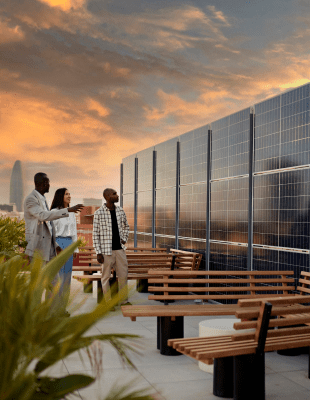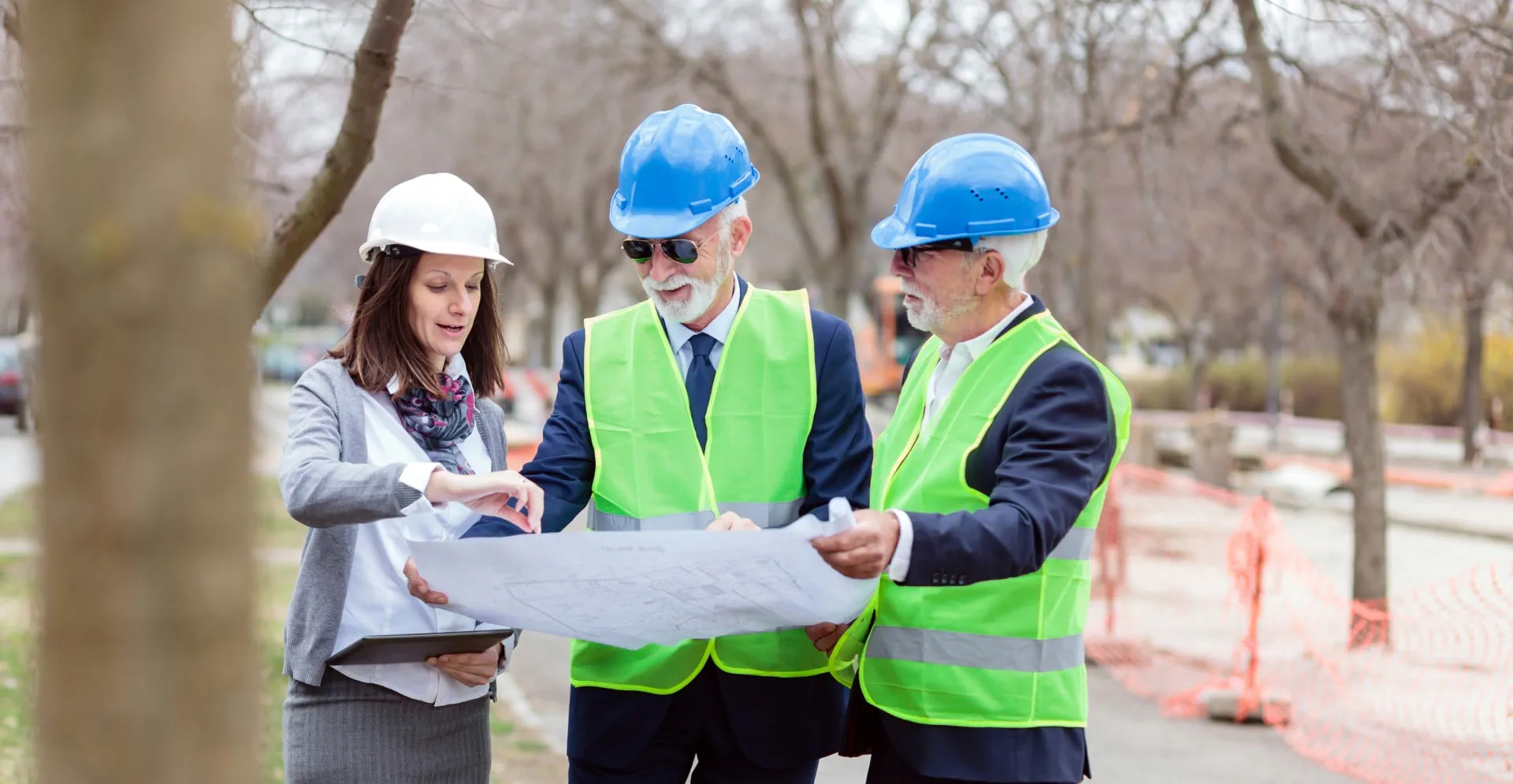Net zero by 2035? It may seem like an unachievable goal, but with cooperation from everyone and a shared vision through a ‘systems thinking’ approach, it may not be so far off.
Systems thinking: Bringing everyone along
Cities are living systems. From the natural ecology and governing bodies, to culture, communities and infrastructure – each element in a city has a level of dependence on the next. For cities to achieve their goals towards sustainable, urban resilience, a ‘systems thinking’ approach is crucial – seeing the interconnections between these elements and systems; looking at all stakeholders in a city as a ‘whole’ when arriving at solutions.
This means not only looking at energy transition as a goal for grid operators, but also assessing the impact to the local community and environmental groups, the role of local businesses and municipalities in supporting adoption and the benefits it can bring the property and financial sector.
A sustainable energy plan must consider not only how these interconnected systems and stakeholders could be impacted by a transition, but must incorporate them at critical stages within those plans and goals. Early engagement is key, bringing them to the table during the audit process to build a business case that works and delivers value for all, ultimately yielding a greater buy-in and investment.

Key steps to support your journey:
- Ensure pre-feasibility assessments are part of your plans right from the strategic planning stages
- Connected decision-making from day-one through effective stakeholder engagement (covering social, economic and natural elements)
- Consider all interests and lay out the benefits for all parties – bringing sustainable masterplanning strategies into large scale project can prove effective
- Bring in more stakeholders rather than less – cities can influence but all stakeholders need to be part of the conversation for implementable plans
- Policy and legislation must connect at the regional and state level, supported by investment. Public-private partnerships are key.
Projects
How Arcadis can help
Arcadis has the experience and expertise to partner with you from strategic planning to implementation in your move to carbon-neutrality. Learn more about key solutions we offer as you navigate this stage of your journey.















